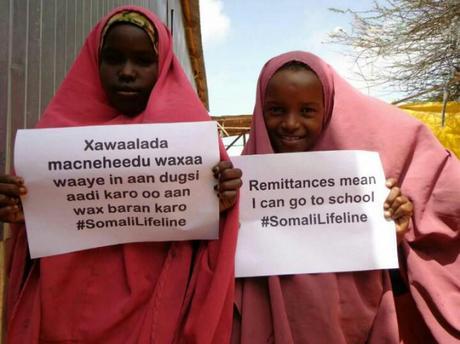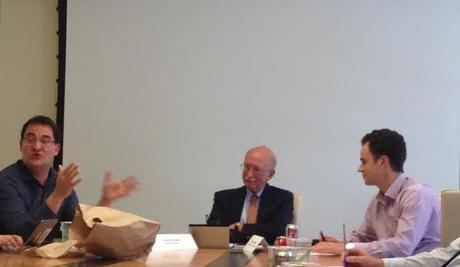
By Otito Greg-Obi
It is a popular opinion in the international development community that remittances – money transferred by a foreign worker back to someone in his or her home country – can have a negative effect on economic growth because recipients tend to spend cash flows on day-to-day subsistence. However, research shows that the opposite is true. A study on the effect of remittances on growth in Africa reveals that remittances seem to have an overall positive effect on Gross Domestic Product (GDP). When compared to foreign aid and Foreign Direct Investment (FDI), a 10 percent increase in remittances leads to a 0.3 percent increase in the GDP per capita income.
The Migration Policy Institute (MDI) points out that remittances are less volatile than international aid and FDI. For example, when the global economic crisis of 2009 hit, remittances in developing countries declined by only 5.27 percent whereas FDI declined by 32.94 percent. MPI also asserts that remittances allow for investment in human capital. For example, research shows that children in remittance households in Sri Lanka and Mexico have higher birthweights and lower rates of infant mortality. In Burkina Faso, Ghana, Uganda, Kenya, Senegal, and Nigeria, households that receive remittances are more likely to have a higher number of individuals with a secondary education. But, remittances are not just about human capital. In the Philippines and Mexico, there is a positive correlation between remittances and high levels of small business investment, as well as high levels of self-employment.
Remittances are a pressing issue in light of the current crisis in Somalia. Somalia boasts a population of 10.4 million people with forty percent of the population relying on remittances to meet basic needs. The country’s current GDP stands at around $2.37 billion. According to Oxfam, Somalia gets $1.3 billion dollars from its diaspora population each year, amounting to 56.5 percent of Somalia’s GDP. Somalia has no formal banking system. Instead, citizens depend upon Hawala, an informal currency transfer system run by money brokers. Increasingly strict money laundering policies threaten to topple the Hawala system and make life more difficult for many Somali citizens. These stricter laws result from a recent global effort to combat the risk of funding terrorism and the drug trade.
The anti-money laundering system is clearly connected to the remittance crisis in Somalia. The question is whether or not the system itself needs to be overhauled to solve the crisis. I had the opportunity to attend a talk given by Peter Reuter at the Center for Global Development. Reuter asserts that meaningful comprehensive reform is necessary and can begin by adopting a “do no harm” model.

Left to right: Jean Pesme of the World Bank, Peter Reuter of RAND, and Justin Sandefur CGD research Fellow
He suggests conducting research-based cost benefit analyses so that countries can assess the extent to which avoiding risks is cost effective. If findings suggest that costs outweigh benefits, de-risking could be a viable option. He also suggests the controversial Tobin Tax as a possible method for dissuading money speculators.
I cannot say for sure if and how the anti-money laundering system should be reformed. However, I do have recommendations for the remittance crisis in Somalia itself.
In the short term:
- Promote an increase in transparency between foreign banks, Somali money transfer operators, and citizens.
- There needs to be a system in place that maintains a sense of trust between banks and citizens who are just trying to help their families survive.
- Shift perspective on the issue of national security in Somalia.
- Countries should strive to view remittances as a security stabilizer rather than a destabilizer. It is entirely possible for the sudden removal of remittances to incentivize citizens to join terrorist groups as an alternate source of goods/income.
In the long term:
- Rebuild a formal banking system in Somalia that can slowly replace Hawala.
- Bearing in mind the political instability of Somalia, is it necessary to gradually create a more formal economic landscape that offers an alternative to the Hawala money transfer system.
- Promote economic growth through capital other than remittances.
- Somalia should seek forms of alternative foreign capital (such as FDI) in order to create a larger role for diverse foreign capital for the sake of sustainable growth.
It is imperative that we continue to actively seek solutions to the remittance crisis in Somalia. Almost half of Somalia’s population will be negatively impacted by it. Two major preconditions for economic development are resources and stability. If remittances are protected, they can help to provide these preconditions and in turn contribute to the economic growth of Somalia as a country.
Otito Greg-Obi is a Knowledge Management Intern at CIPE. She is a rising junior at the University of Pennsylvania.

